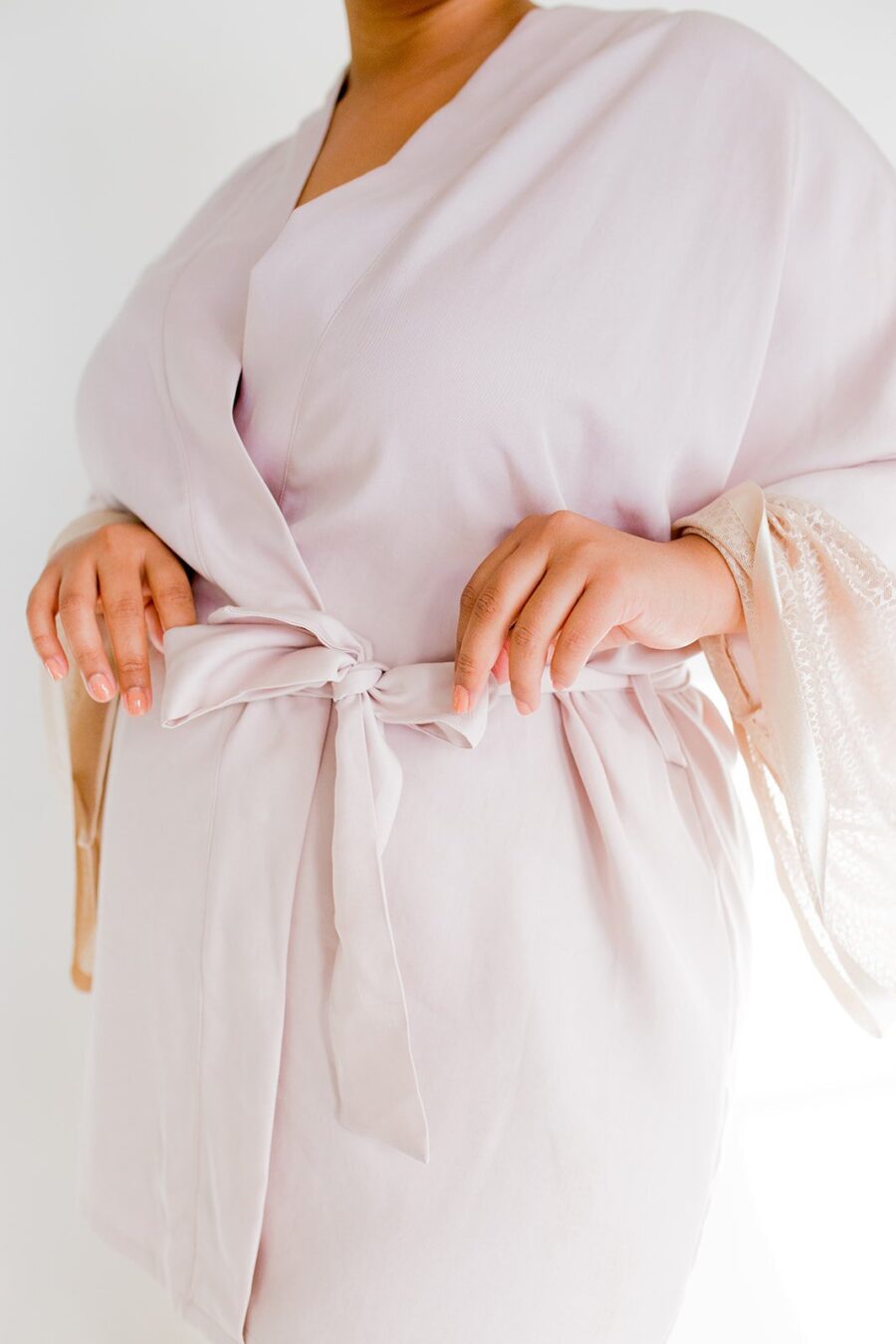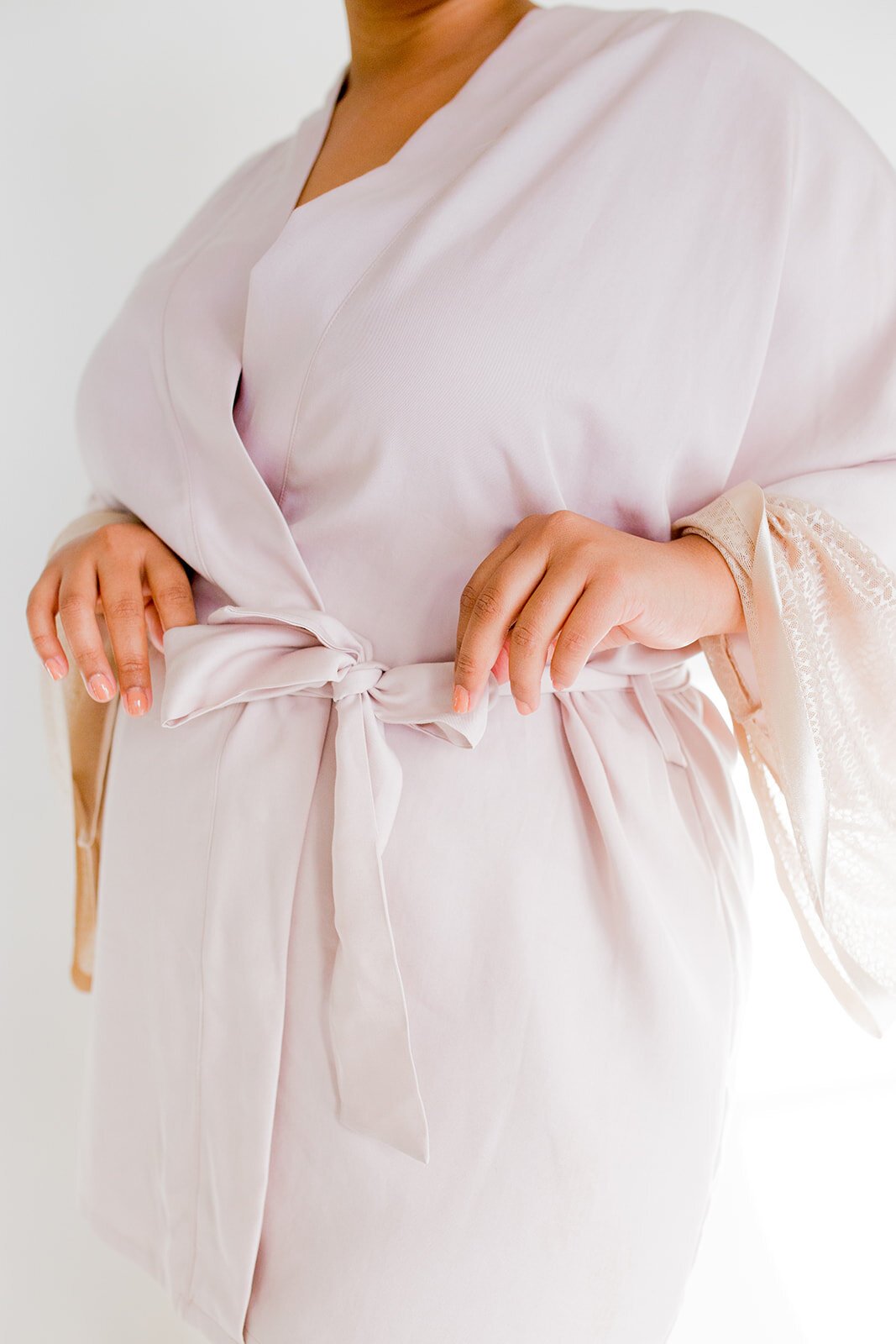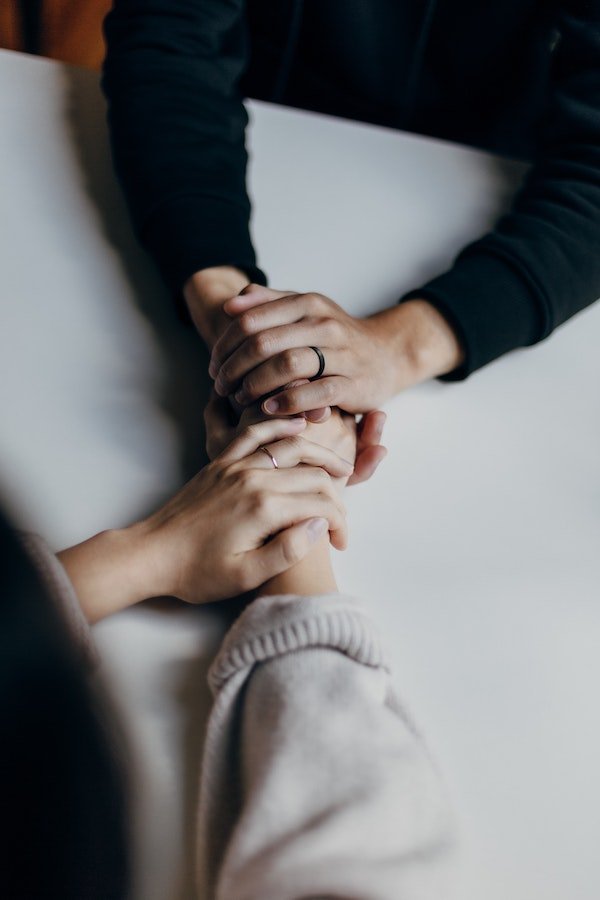
The Importance of Feminist Sex Stores
They’re Inclusive, Educational, & Empowering
Growing up, I lived in small towns where sex stores were synonymous with seedy alleys, flickering neon signs, and tarp-covered windows. These stores never appeared safe or welcoming, especially for women. For this reason, I was never curious to enter them. Only after I was older, and a friend invited me to her bachelorette party, did I brave the one adult store in town.
“Nothing about the experience felt great, let alone empowering, and so we left without buying anything.”
I brought a friend with me, and the store owner (a man) asked to see our IDs before permitting us into the dim-lit space. We wandered for a few minutes, searching for something that could pass as fun, playful, and sexy for the party. But the store was intimidating and, frankly, the products looked frightening. We weren’t about to ask the store owner for help, either. Nothing about the experience felt great, let alone empowering, and so we left without buying anything, opting instead to buy our gift at the Spencers store in the mall.
That was in the early 2010s, and that experience (paired with my early presumptions) was enough for me to write off adult stores entirely. Even as I joined other feminists to advocate for more progressive thinking about sex and pleasure, I remained uneducated about the history of adult stores. Until recently, I had no idea that there was such a thing as feminist sex shops. I knew they existed sparingly on the web. But like the adult entertainment industry, I assumed it continued to be a male-dominated space, lacking in representation and inclusivity (and I’m talking about business owners, not the target audience or actors). Thankfully, I was very wrong.
“I assumed [sex shops] continued to be a male-dominated space, lacking in representation and inclusivity. Thankfully, I was very wrong.”
But how did we get here? Why were sex stores seedy to begin with, and why do they—for the majority of people—remain taboo? Further, how can we create a healthier mindset about the adult entertainment industry and support sex businesses owned by women and non-binary people?
To help me with my education, I turned to ”Vibrator Nation: How Feminist Sex-Toy Stores Changed The Business of Pleasure” by Lynn Comella, Ph.D. I also spoke to three sex store owners: Nenna Joiner, the founder and owner of Feelmore in Berkley, Carlyle Jansen, the founder of Good For Her in Toronto, and Renée Denyer, Senior Manager and Liberator at Sh! in London, all of whom are helping demystify the in-person sex shop experience.
A Brief History of Feminist Sex Stores in the USA
Historically, women weren’t welcome in the sex shop space as business owners or as consumers. Despite the US sexual revolution beginning in the 1960s and the birth of Betty Dodson’s masturbation courses, it wasn’t until Dell Williams opened Eve’s Garden in 1974—the first woman-owned and operated sex toy business—that the notion of women as sex product consumers was considered.
“There were few places for the average woman to comfortably buy a vibrator,” explains Comella, in an interview with The Atlantic. A 1973 law in Texas even forbid “any device designed or marketed primarily for the stimulation of human genital organs.” The only way around these regulations was to buy what was being called a “back massager” in department stores. (The 1973 Obscene Device Law wasn’t declared unconstitutional until 2008. And Alabama and Georgia presently outlaw sex toys, including vibrators.)
“The only way around these regulations was to buy what was being called a ‘back massager’ in department stores.”
But even with the birth of Eve’s Garden, and later, the 1977 opening of Good Vibrations in San Francisco, vibrators and sex toys for women and LGBTQIA+ people remained a niche and quiet market. Comella notes that, up until the ‘80s, women-owned sex shops in the United States were virtually unicorns, and vibrators were still considered taboo.
Then, in 1998, an episode of “Sex and The City” further paved the way for sexual liberation when Charlotte and the Rabbit vibrator rose to fame. It was a small feat, but a feat nonetheless, and the next two decades saw the addition of vibrators to drugstore shelves (including Target) and daytime television (thank you, Oprah). Most importantly, it saw the opening of more sex stores owned by women and LGBTQIA+ people. Many of these owners were feminists and activists who prioritized a positive and inclusive sex education for customers.
Why You Should Shop At Feminist Sex Shops
“We believe everyone is entitled to a healthy sexuality whatever their age, size, culture, health, or relationship-status, and take the stance that until all of us are free, none of us are.”
Today, feminist sex stores exist across the globe, growing in both number and visibility. But this doesn’t mean the end of challenges and biases within the industry. The need for mainstream dialogue about sexual liberation for women and LGBTQIA+ people continues. Thankfully, many women and non-binary entrepreneurs are doing this work to deconstruct the notion that adult stores are seedy or unsafe.
“A sex-positive diaspora of women-friendly sex shops based on the Good Vibrations retail model exists in cities across the country,” writes Comella in “Vibrator Nation.” “[These shops] have made quality products and accurate sex information cornerstones of their retail missions, demanding in the process that women—as well as queer-identified and gender-nonconforming people—be taken seriously as both sexual agents and consumers.”
Gone are the days of shelves lined with male-centered media. These brick-and-mortar stores are becoming less taboo as feminist owners create safe and inviting spaces for empowering and pleasure-forward sex products. “A lot of folks who come to our shop for the first time tell us how surprised they are that it is warm and friendly and welcoming,” says Carlyle Jansen. She explains that feminist sex stores are “spaces where you can safely and bravely ask whatever questions you have without fear of judgment about your desires or level of knowledge or curiosity. They are spaces where you will likely leave feeling respected, empowered, positive about who you are, and your sexual exploration.” Good For Her even offers women- and trans-only hours, as well as appointment windows, to make the shopping experience more comfortable.
“[Feminist sex stores are] spaces where you can safely and bravely ask whatever questions you have without fear of judgment about your desires or level of knowledge or curiosity.”
Even so, there is still a lot of work to be done, especially as it relates to intersectional feminism in this space. For BIPOC business owners, resources and financial support can often be more difficult to come by. A recent New York Times article highlights how “minority-owned businesses often have weaker banking relationships than their white-owned counterparts—one legacy of the practice of redlining, or refusing to lend to people in communities of color. Research shows that black and Latino business owners are denied loans at higher rates.” And then there is the conversation about ableism. Many sex toys and their corresponding user manuals remain exclusive to abled-bodies, though sex educators like Eva Sweeney are helping to further progress in this space.
We can help, too, by supporting feminist shops and advocating for more inclusivity and progression in the industry. As Nenna Joiner from Feelmore reminds us, “Where you shop matters.”
How to Shop in a Sex Store
1. Are there any rules I should know about before entering a sex shop?
It’s best to check with each shop by calling ahead of time to learn about specific rules, as it can vary depending on owner and location. Some stores have age restrictions depending on local laws as well.
When you’re in the store, Joiner suggests refraining from profanity and keeping language neutral. And Jansen reminds shoppers to practice consent with store employees.
“All questions regarding information to help enhance your sexual life are welcome,” Jansen says. “Please refrain from asking staff about their preferred toys or sex lives. They are often not comfortable sharing their own experiences. They may volunteer some information, but please do not expect it.”
2. What can I expect to find in a feminist sex store?
“A bunch of friendly feminists on a mission to empower and liberate!”
When entering a feminist sex store for the first time, you can expect to find everything from toys and books to vibrators and lube. While you may not find “joke products”—this often makes customers feel comfortable, notes Jansen—you can expect to find unique, safe, and even sustainable sex products.
“There will generally be body-safe products such as silicone toys and paraben-free lubes,” says Jansen. “Some stores also carry non-silicone toys because they are less expensive, and some customers need financially accessible products.”
Sh! in London also sells affordable, well-designed toys made with body-friendly materials. “Our job is to help guide you towards what you’d like to explore, and give you the information you need to do it safely,” explains Denyer.
3. I feel intimidated. How do I ask staff members questions about products?
It’s common to feel intimidated when walking into a sex store for the first time, and it can be even more nerve-racking to ask questions about products.
“There is often an expectation that we ‘should’ already know all about sex…[but] please know that staff are very understanding and no question is too basic or too complicated,” explains Jansen. “Staff members are there to help you in whatever way that they can.” She suggests asking for an overview of the store if it’s your first time. “Start out by asking for a bit of a tour of the vibrator or binder or harness section. Most people feel more comfortable asking questions once they know some of the basics.”
4. What vocabulary words are helpful when shopping at a sex store for the first time?
Language is both important and empowering, and even if it’s your first time in a sex shop, knowing how to talk about products can make the experience a little less daunting.
“Use anatomical terms when speaking about you or a partner’s body.”
Jansen recommends using anatomical terms when speaking about you or a partner’s body. Likewise, “knowing words for your own experience is helpful: ‘I need gentle stimulation on my clitoris’; ‘I lose my erection when I use a condom.’ These are helpful phrases to practice saying so that you can confidently ask [for] what you need,” and so staff members can find you the best products.
Additionally, Joiner encourages familiarizing yourself with the following terms, as it can make you feel more comfortable when conversing with staff members:
“Budget is the max money you are willing to spend. Living Situation (alone, with a roommate, or with family). Knowing your living situation helps when picking a loud or quiet product. And Silicone is a non-porous material. If you are a first-time buyer, you may want to go for a silicone product because you don’t know your own allergies.”
Denyer also notes that buyers shouldn’t worry if they feel uncomfortable. “Use words that you are comfortable with and if you’re not able to say it out loud, using mime is also acceptable. Sometimes we get drawings, sometimes Google translate is used—as long as we understand each other, it’s all good.”
5. Can I touch products?
The short answer is yes. Display products are generally okay to touch with your hands, and many stores have sample lubes so you can feel the consistency and texture. The main rule is to be respectful. When in doubt, ask a staff member.
6. How can I support local sex stores in the long-term & during COVID?
Check to see if you have any feminist sex stores in your city, and consider supporting them by shopping online. Depending on location, many stores are also open for in-person shopping, or they may offer curbside pickup.
“Just like choosing eco/organic over mass-produced, shopping at a feminist sex store is an ethical choice,” explains Denyer. “We probably won’t be the cheapest, because education, supporting other womxn-led initiatives, and giving individually-tailored advice all cost money to do well, so know that you are actively contributing to this when you choose to shop with us.” When supporting feminist sex stores, “know that quality customer service comes along with the price tag,” Joiner adds.
Support Feelmore, Good For Her, and Sh! by shopping online and following their social channels. And if you have a feminist sex store in your city, please share it in the comments below!
RELATED READING





